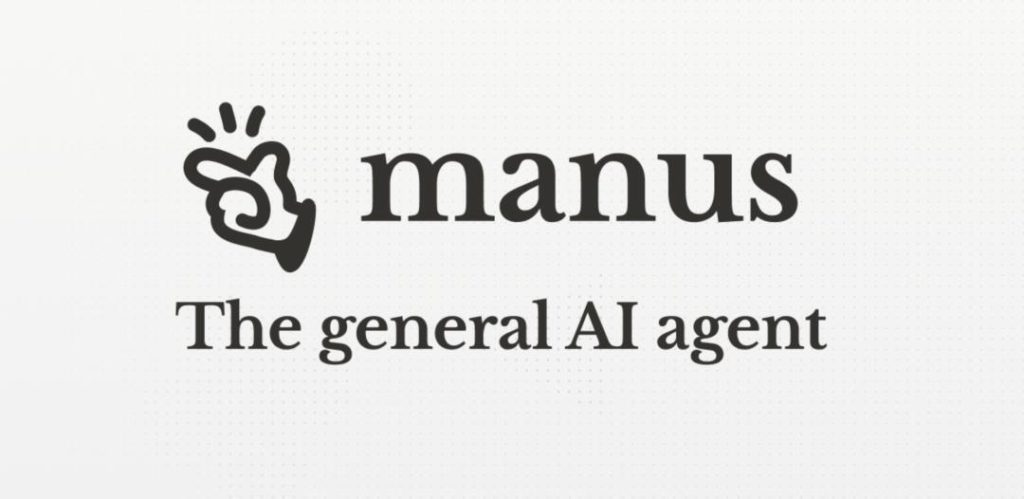
New Chinese AI Platform Manus Can Think, Act Independently
The world of artificial intelligence (AI) has been abuzz with excitement and concern after China launched Manus, a revolutionary AI system capable of independent thought and decision-making. This groundbreaking development has sparked a global debate on the implications of autonomous AI and its potential impact on various aspects of our lives.
Unlike current AI models that require human prompts to function, Manus initiates tasks, plans strategies, and executes them autonomously. This technological advancement has left many in the tech world in shock, with experts and enthusiasts alike eager to learn more about the capabilities and potential consequences of this new AI platform.
Manus, which translates to “hand” in Latin, is a result of years of research and development by a team of Chinese scientists and engineers. The AI system is designed to learn from its environment, adapt to new situations, and make decisions without human intervention. This level of autonomy is unprecedented in the field of AI, and its implications are far-reaching and multifaceted.
One of the most significant concerns surrounding Manus is its potential impact on the workforce. With AI systems capable of independent thought and decision-making, many jobs that previously required human intelligence and creativity may become redundant. This raises questions about the future of employment and the need for governments and industries to invest in retraining and upskilling programs for workers.
Another area of concern is the potential for bias and discrimination in autonomous AI systems. As Manus learns from its environment, it may be influenced by existing biases and societal norms, which could lead to unfair outcomes and perpetuate existing inequalities. This highlights the need for rigorous testing and evaluation protocols to ensure that AI systems like Manus are fair and unbiased.
The launch of Manus also challenges Silicon Valley’s dominance in the AI industry. For years, companies like Google, Facebook, and Microsoft have been at the forefront of AI research and development, but China’s advancements in this field have narrowed the gap. This new competition has the potential to drive innovation and disrupt the status quo, but it also raises concerns about the security and transparency of Chinese AI systems.
The Chinese government has announced plans to integrate Manus into various industries, including healthcare, finance, and transportation. This has raised concerns about the potential for AI systems to make life-or-death decisions without human oversight. For example, an autonomous AI system like Manus may be used to diagnose medical conditions, but what happens if the AI makes a mistake or misinterprets data?
In response to these concerns, the Chinese government has announced plans to establish a new regulatory framework for AI systems like Manus. This framework will aim to ensure that AI systems are developed and used in a responsible and ethical manner, while also promoting innovation and economic growth.
The launch of Manus has also sparked a global debate about the ethics of AI development. As AI systems become increasingly autonomous, it is essential that we consider the potential consequences of their actions and ensure that they are aligned with human values and principles. This requires a collaborative effort between governments, industries, and civil society to develop ethical standards and guidelines for AI development.
In conclusion, the launch of Manus, a Chinese AI platform capable of independent thought and decision-making, has sent shockwaves around the world. While this development has the potential to revolutionize various industries and improve efficiency, it also raises significant concerns about job displacement, bias, and ethics. As we move forward with the development and deployment of autonomous AI systems, it is essential that we prioritize responsible innovation and ensure that these systems are designed and used in a way that benefits humanity as a whole.
Source:
https://trak.in/stories/new-chinese-ai-manus-can-think-act-independently-tech-world-in-shock-again/






